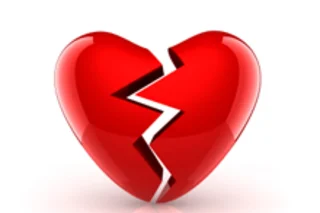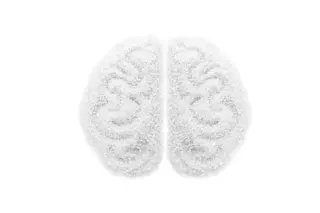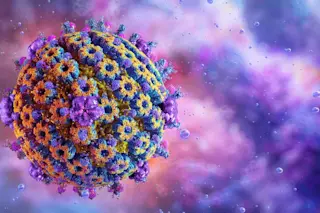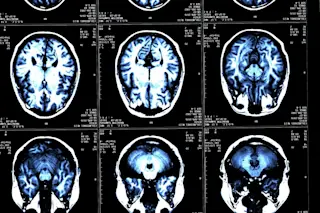Emotions might come from the brain, but they often hit us in the heart. That’s particularly true for grief, especially the shattering, life-altering kind; the tsunami of anguish that follows a loved ones’ death can feel like a physical force inhabiting our chests.
In some cases, a broken heart can even transcend metaphor, as with the rarely-seen Takotsubo Syndrome, also known as Broken Heart Syndrome. Sudden onslaughts of intense emotion can in some cases rapidly weaken the heart’s muscle cells, allowing the left ventricle to balloon outwards. The distended organ looks uncannily similar to a Japanese takotsubo octopus trap, hence the name.
The condition is rarely fatal, though it can lead to heart failure, and usually resolves itself within a few weeks. Stressful situations are most often the trigger, though not always. It’s most common in older women, something thought to be due to lowered estrogen levels after menopause. While ...













